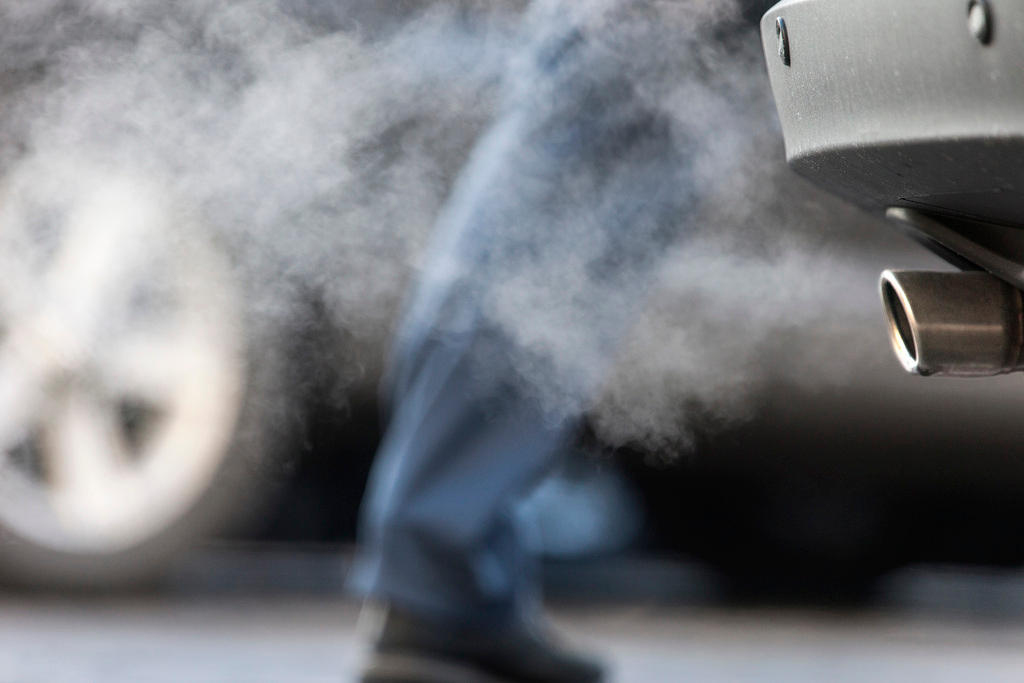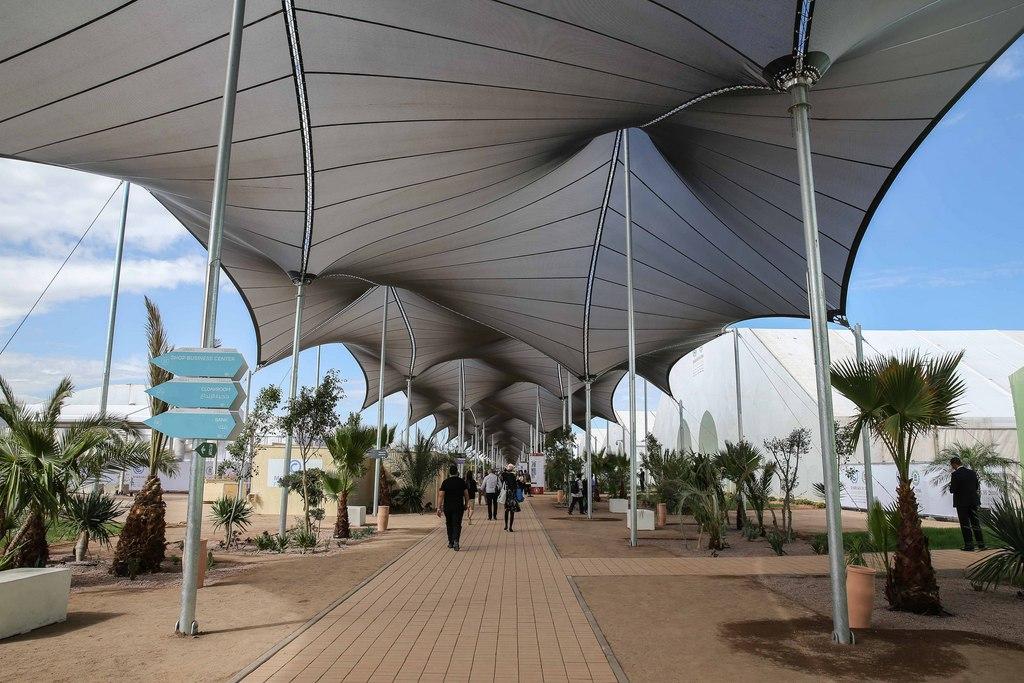Climate talks open amid post-Paris polemics

Three years after sealing a landmark global climate deal in Paris, world leaders are gathering again in Poland to agree on the fine print. Switzerland’s climate ambassador tells swissinfo.ch what to expect from the talks.
“We have to work hard, to keep the United States and Brazil in, but at the same time we mustn’t compromise so much that we undo Paris,” Franz Perrez said. “It’s a delicate balance.”
Since the US announced its withdrawal from the Paris Agreement in 2017, Brazil’s nationalist president-elect, Jair Bolsonaro, has threatened to pull out as well. On November 28, the Brazilian government said it would withdraw its offer to host next year’s critical climate summit, just two months after winning the hosting bid.
+ Why the Swiss think the US is shooting itself in the foot over climate deal
Brazil’s next foreign minister, Ernesto Araujo, has said climate change is part of a “Marxist plot” and has criticised the Paris Agreement for failing to recognise the role of faith and patriotism.
But despite Washington and Brasilia’s positions, Perrez warned that another growing split needs to be addressed at the 24th Conference of the Parties to the UNFCCC (COP24External link) in Katowice.
He said some of the world’s biggest emitters, such as the so-called Like-Minded Developing Countries which include China, Vietnam, Malaysia and many oil-producing countries, were challenging rules intended to put countries on similar footing according to emissions capacity.
“If they do not engage, Paris will fail,” Perrez said at a conference in Geneva. “They try to weaken the rules for themselves. If we agree on a system that treats China in the same manner as Ethiopia or the Marshall Islands, then I think Paris has failed.”
+ Tagging along with Perrez at the UN
‘Climate-friendly society’
With national contributions or emissions-cutting pledges set individually by countries, delegations meeting in the Polish city from December 3-14 will have the task of setting mechanisms to verify climate actions and impose sanctions if targets are not met.
Alain Berset, who holds the rotating Swiss presidency this year, will attend the opening of the summit with 45 other heads of state. Outgoing Environment Minister Doris Leuthard will participate in the session’s ministerial segment on December 12, when ministers are expected to discuss national goals for emissions cuts.
According to Bern’s official communiquéExternal link, the final “Silesia Declaration” which the COP24 plans to adopt “describes the action to be taken to achieve solidarity and a just transition to a climate-friendly society”.
Last week, 16 European states including Switzerland signed a statement calling on all countries to increase the ambition of pledges made prior to the Paris Agreement.
In Paris in 2015, Switzerland committed to cut greenhouse gas emissions by 50% by 2030, compared with 1990 levels.
In October, the UN’s Intergovernmental Panel on Climate Change (IPCC) published a reportExternal link predicting that a rise in global temperatures of 2°C instead of 1.5°C would expose tens of millions more people to coastal flooding, water shortages and heat waves.
The IPCC’s impact assessment report called for a nearly 45% reduction in global emissions based on 2010 levels by 2030.
Meanwhile on November 27, UN Environment’s emissions gap reportExternal link noted that emissions rose in 2017 for the first time in four years and that they would need to peak in 2020 to achieve goals set by the Paris Agreement.
It also predicted that the world was set to see a 3.2°C rise in global temperatures by 2100.

More
Next decade ‘will be decisive’ for climate crisis

In compliance with the JTI standards
More: SWI swissinfo.ch certified by the Journalism Trust Initiative












You can find an overview of ongoing debates with our journalists here . Please join us!
If you want to start a conversation about a topic raised in this article or want to report factual errors, email us at english@swissinfo.ch.